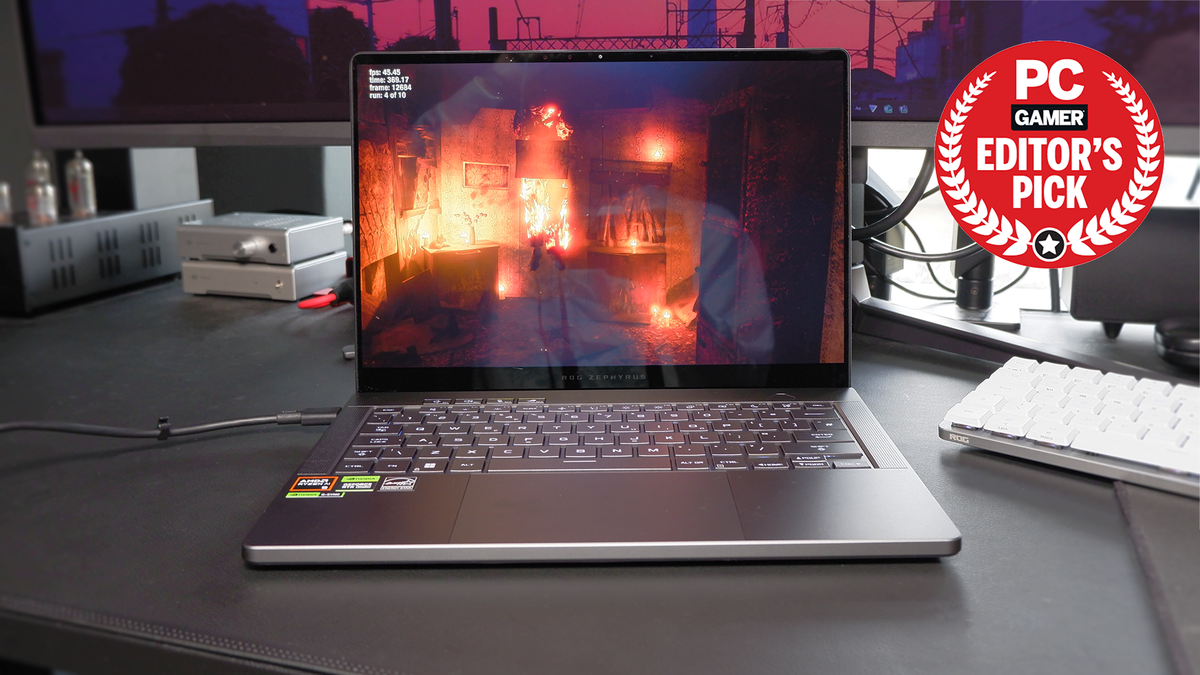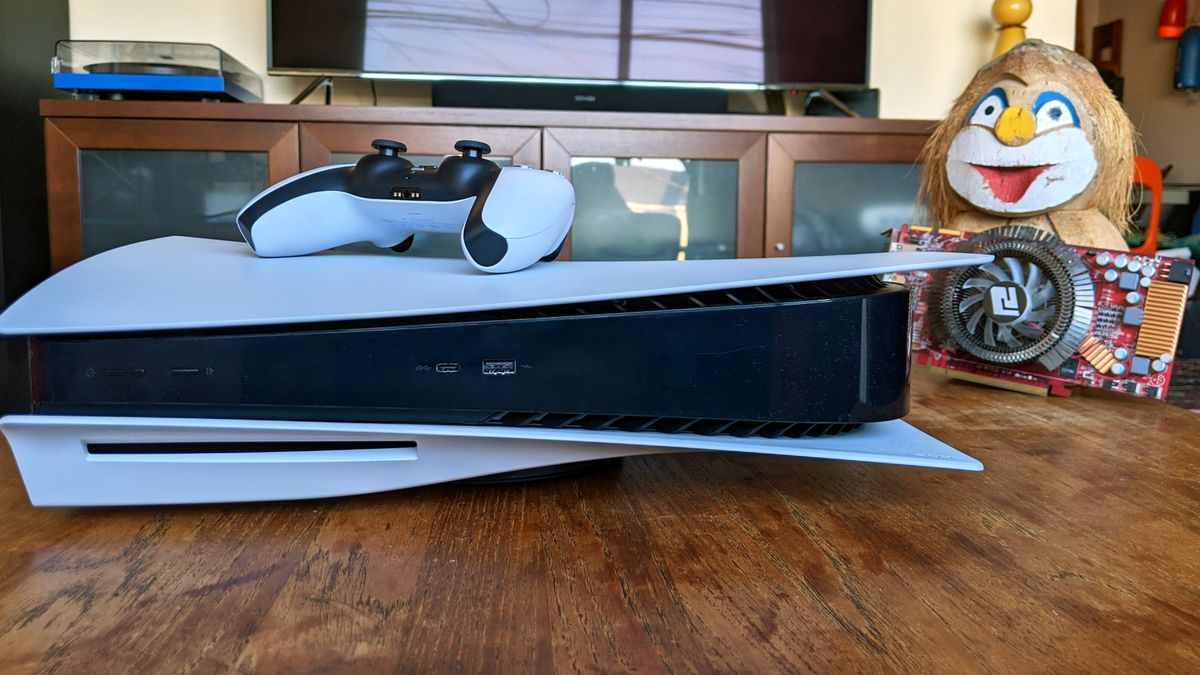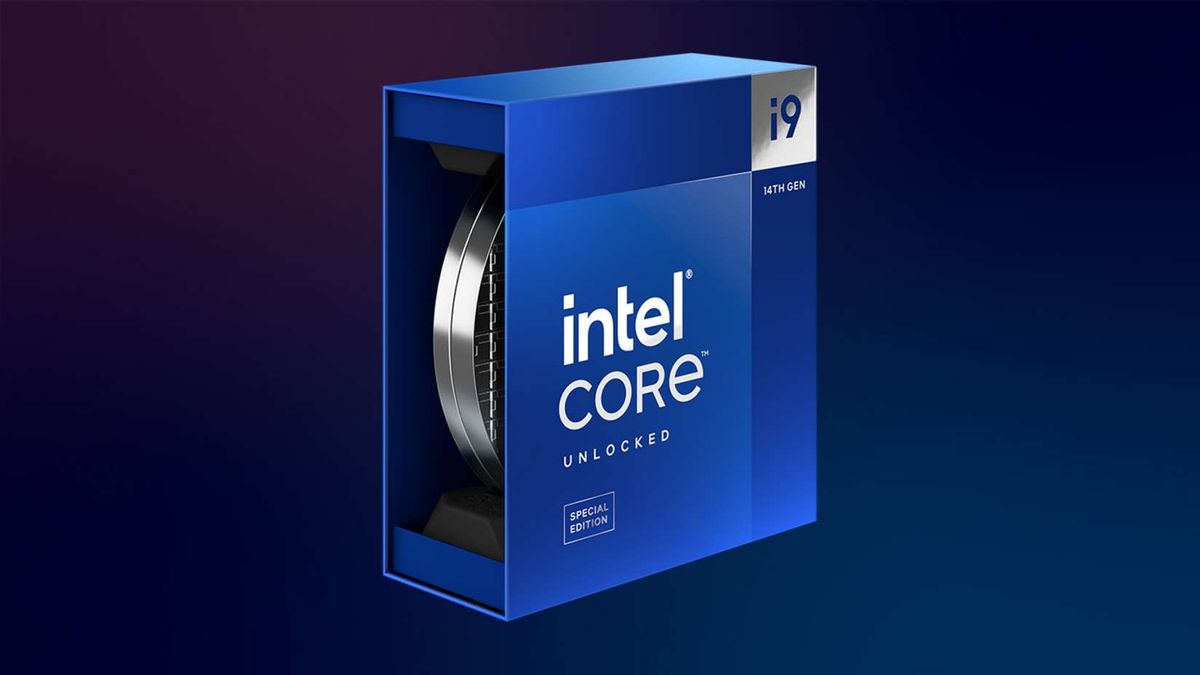The Asus Zephyrus G14 that earned my pick as the best 14-inch gaming laptop is gone. But don’t fret. The stalwart styling of the 2023 G14 may have given way to a newer design for 2024, but it’s sleeker, shinier and now includes the very latest AMD Ryzen mobile processors. I dare say the new G14 looks, feels and performs better than ever.
The most immediately noticeable improvement with the new G14 is the all-aluminium chassis. Built from CNC-machined aluminium and covering the laptop head to toe, it’s a big improvement in both look and feel over the previous model, which uses some plastic parts. The underside is now aluminium where it was once flexible plastic, which should strengthen it up some, though one downside of the all-metal chassis is how hot it gets to the touch while gaming.
The new G14 chassis also helps shed some thickness—the new model comes in at 1.59cm thick compared to 1.99cm on the previous model.
In terms of presentation, Asus has nailed it with the G14. I brought the laptop into the PC Gamer offices and the rest of the team agreed the new styling makes the G14 feel more a direct competitor to the likes of the Razer Blade 14. The all-metal body and slightly more subdued lighting system on the lid—a single strip of programmable white LEDs runs diagonally across it—make the G14 feel a much more premium device.
Zephyrus G14 (review unit) specs
CPU:AMD Ryzen 9 8945HS
GPU:Nvidia GeForce RTX 4070 (90W)
Memory:32GB LPDDR5X
Storage:1TB NVMe SSD
Screen size:14-inch OLED
Resolution:2880 x 1800
Refresh rate: 120Hz
Battery:73Whr
Dimensions:31.1 x 22.0 x 1.59 ~ 1.63 cm (12.24 x 8.66 x 0.63 ~ 0.64-inches)
Weight:1.5 kg (3.3 lbs)
Price:$2,000 | £2,400
While as reviewers we’re often provided with the highest spec model of any gaming laptop for review, which inevitably comes with a tragically high price tag to match, Asus has instead handed over a more modest gaming laptop here. It’s in many ways the model I’d actually look to buy myself if I were in the market: a sensible pairing of an Nvidia GeForce RTX 4070 mobile GPU with an AMD Ryzen 9 8945HS CPU.
AMD’s Ryzen 9 8945HS serves eight cores and 16 threads of Zen 4. It’s a powerful chip for both gaming and multithreaded tasks, such as editing, but not altogether massively different from the AMD Ryzen 7 7940HS that preceded it in earlier G14 models. AMD now includes what it calls XDNA NPUs within the 8040-series chips, which are used to accelerate some local AI workloads, but I’m hard pressed to feel the difference in my usual testing. Admittedly, we don’t benchmark AI workloads today and NPUs aren’t much use for gaming, but technically this does make this laptop one of those ‘AI PCs’ that everyone keeps banging on about.
Image 1 of 3
Onto the more important stuff for gaming: the RTX 4070. This GPU is limited to 90W to fit inside the G14’s diminutive chassis, which is less power to play with than the 140W seen on the Razer Blade 14 and MSI Vector 17 HX. That’s reflected in the G14’s benchmark results, too, which trend notably lower. Importantly, however, the G14 manages to stay well ahead of the RTX 4060 laptops we’ve previously tested, and in that sense it still feels like you’re getting your money’s worth from the bigger RTX 4070 chip—even if not quite the same level of performance you’d expect out of a chunkier, more power-hungry gaming laptop.
The RTX 4070 is engaged whenever it’s required, through Nvidia Optimus and the built-in MUX Switch, but this laptop also comes with AMD’s 780M iGPU. This is a worthy gaming chip in itself, and handy for a spot of easy-going gaming away from the outlet. I still play World of Horror on-the-go and the 780M means huge power savings in a game that doesn’t need any more power.
In Turbo mode, the G14 can ramp up in volume, though comparatively it’s no worse than most. It does get hot under the hood, however. The Ryzen 9 CPU will reach up to 96°C and the GPU will manage a more modest 81°C—neither the highest we’ve seen for similar parts, but they’re not on the low side either. As I mentioned previously, the metal chassis does get hot to the touch, most of all above the processor and GPU between the power button and shortcut keys.
Image 1 of 2
With a native resolution of 2880 x 1800, the G14’s resolution has both higher vertical and horizontal resolution than your average 1440p panel. The extra pixels and screen space make for a crystal clear picture with a high pixel density, but saps further performance out of the already power-limited GPU. That said, I didn’t feel completely at a loss for performance while gaming and the overall picture quality is simply gorgeous.
An OLED panel is stuffed into the G14, which makes for an effectively limitless contrast and a vibrant palette—a DisplayHDR True Black 500 rating sees to that. OLEDs are also great for gaming thanks to snappy response times and this is rated to 0.2 ms and a 120Hz refresh rate. G-Sync and Adaptive Sync keep everything silky no matter which GPU you’re gaming on, too.
Image 1 of 3
It is important to be aware of the risks of burn-in with any OLED screen: you leave an image stuck on there for too long and you might find it never goes away. Though Asus has included some OLED-specific settings to tinker with in Armoury Crate, including options to automatically hide the Taskbar in Windows, flicker-free dimming, and Target Mode, which once toggled keeps the active window full brightness and lowers the brightness others. Asus OLED Care is noted as offering both Pixel Refresh and Pixel Shift, two burn-in protection options often found on OLED gaming monitors, though I don’t see any overprovisioning of pixels for the later. I’ve asked Asus for clarification on this.
All in, the screen is a particular highlight of the 2024 G14, as it has been with previous models. I’ve been playing Baldur’s Gate 3 on this machine over the past few weeks and the 16:10 OLED is surprisingly engrossing for a 14-inch gaming laptop screen. This doesn’t feel as cramped to use for work as some other 14-inch laptops, either.
Asus told me the speakers have been massively improved with the 2024 model when I first saw the 2024 G14 for myself over at CES. I couldn’t test that at the time, being stuck in a ballroom filled with 50 or more people, but in my office I’ve put this to the test. To my surprise, the speakers really are rather impressive. From Netflix to some heavier music picks, I didn’t even have to turn the speakers up much beyond halfway to feel they were loud enough. The range of response is similarly great—okay, the drum and bass I played was mostly drum and missing some bass, but there’s more low-end than you’d expect from a slim device. The G14’s secret is a pair of compact tweeters and a woofer for both left and right channels, making for six speakers total.
The webcam embedded into the top bezel is 1080p with IR for quick login with Windows Hello, which I’m starting to see as a must-have feature for a laptop in 2024. Great connectivity, too, has become a must for me, and the new G14 offers plenty of options, including both USB Type-C and Type-A ports rated to 3.2 Gen2 speeds, a USB4 port, and a trusty MicroSD card reader.
Image 1 of 4Buy if…
✅ You want a laptop for both gaming and working: You don’t have to feel embarrassed about the G14 in a meeting and it’s genuinely compact enough to take with you on the move.
✅ You want your laptop to look good: I get to use a lot of gaming laptops and none have made me stop and think ‘wow’ like the G14’s new look.
Don’t buy if…
❌ You want an upgrade path: Laptops aren’t known for being upgradeable, but the G14 is even more locked down than most with entirely soldered memory and only one NVMe SSD slot.
On the software side I’m less pleased to see McAfee still showing up on the desktop on start-up out of the box. That’s an instant uninstall for me, and I have to be sure to get the secondary web protection app too. Otherwise Asus includes its own self-titled app and Armoury Crate, neither of which are inspiring in their UX, but they get the laptop set-up as I like it once I’ve muddled through the menus.
A passable 1TB PCIe 4.0 SSD is installed in the G14—2TB would’ve been nice, especially with only one NVMe slot available—and 32GB of LPDDR5X-6400 RAM round off an overall well-provisioned gaming laptop. The G14 is easy to get into with a Torx screwdriver, though there are two screws hidden near the hinge under rubber grommets. You won’t find much to tinker with under here, however. Almost everything has been soldered in to save space and help bring down the laptop’s thickness. There’s a single NVMe occupied by the 1TB drive, which would need replacing in its entirety for an upgrade, and the memory is all locked in under a cooling solution with three (3!) radial fans.
Once again I’m coming away hugely impressed from my time with the G14. The newer model brings key improvements that are definitely worth seeking out over last year’s, but importantly Asus has finally found the right formula to tempt even the most stringent Razer fans away from the Blade 14. The exact G14 specification I have here is available for $2,000, much cheaper than a comparable new Blade 14 at $2,700. The G14 is a tougher sell in the UK at £2,400, however.
The new Blade 14 still holds a few premium features over the G14, such as a 240Hz refresh rate and a 140W TGP for an RTX 4070. However, for its lovely all-metal finish and undeniably solid spec sheet, the 2024 Zephyrus G14 is a 14-inch gaming laptop that I find very hard to pass up for this price.
The Verdict
90
Asus ROG Zephyrus G14
The Zephyrus G14 is a force to be reckoned with in 2024. It’s taken the foundations of the best 14-inch gaming laptop and improved it in every way, including an all-metal chassis design and gorgeous OLED panel. Razer better watch its back.


